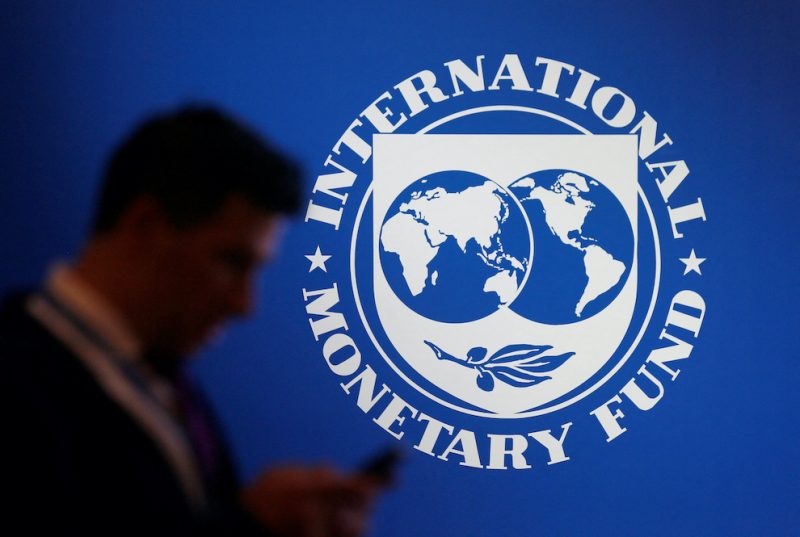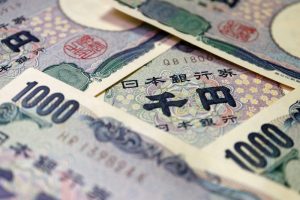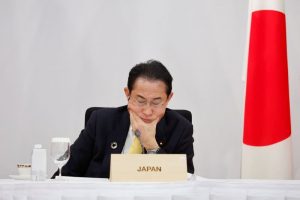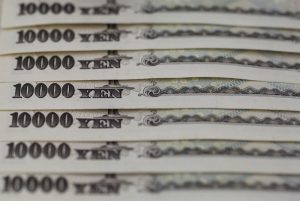The International Monetary Fund (IMF) cut Japan’s economic growth forecast on Thursday and urged policymakers to consider preparing a contingency plan in case the Ukraine war derails a fragile recovery.
While rising commodity costs could push up inflation, the Bank of Japan (BOJ) must maintain ultra-easy policy for a prolonged period to sustainably hit its 2% inflation target, the IMF said in a staff report after its Article IV policy consultation with Japan.
During an Article IV consultation, an IMF team of economists visits a country to assess economic and financial developments and discuss the country’s economic and financial policies with government and central bank officials.
“Escalation of the Ukraine conflict poses significant downside risks to the Japanese economy,” the IMF said, pointing to the potential hit to trade and noting that rising commodity prices could stifle domestic demand.
“In view of elevated uncertainty including from the pandemic and the conflict in Ukraine, the authorities could consider preparing a contingency plan that is readily implementable” in case its economy faces a severe shock, it said.
The IMF said it now expects Japan’s economy to grow 2.4% this year, lower than a projection for 3.3% expansion made in January, due to an expected contraction in the first quarter and the spillover effects of the Ukraine war.
Surging Commodity Prices
Domestic demand is likely to slow from surging commodity prices, while geopolitical tensions and a sharper-than-expected slowdown in China’s growth were risks to exports, it said.
On prices, the IMF said Japan is likely to see inflation momentum pick up on higher commodity prices, and an expected rebound in consumption as coronavirus infection cases fall.
“A prolonged period of monetary policy accommodation will be required,” however, as headline consumer inflation is expected to stay at 1.0% this year, it said.
Central bank board member Asahi Noguchi said on Thursday the BOJ must maintain ultra-easy monetary policy, even as rising commodity costs are expected to accelerate inflation toward its elusive 2% target.
The Ukraine crisis has pushed up raw material prices, though companies have struggled to pass on the higher cost to consumers due to weak household spending, Noguchi said.
The IMF repeated its recommendation for the BOJ to make its policy more sustainable, such as by steepening the yield curve by targeting a shorter maturity than the current 10-year yield.
The BOJ said it saw no need to adjust its current framework and “expressed concern” over the IMF’s recommendation to shorten the yield curve target, according to the staff report.
Under a policy dubbed yield curve control (YCC), the BOJ guides short-term interest rates at -0.1% and the 10-year government bond yield around 0%.
The 10-year yield cap has been criticised by some analysts for flattening the yield curve and crushing the margin of financial institutions.
- Reuters, with additional editing by George Russell
READ MORE:
Weak Yen a Sign of Japan’s Poor Fundamentals: Ex-IMF Official
IMF Calls for Pakistan Income Tax Reforms – Dawn
No Uniform Model for Central Bank Digital Currencies: IMF
























